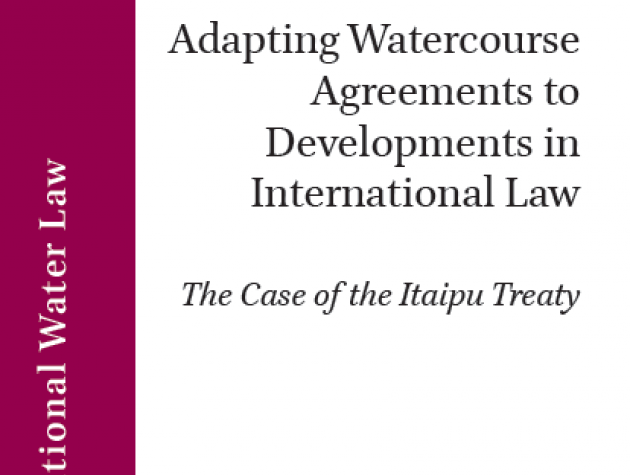Bringing the State Closer to the People: Deconcentrating Planning and Budgeting in Afghanistan
Executive Summary
The new political order arising in Afghanistan after the fall of the Taliban regime in late 2001 paved the path for reforming governance practices along with planning and budgeting. This process, however, initially focused on strengthening the central government and ensuring centralised processes for planning and public financial management. The fragmentation of state institutions and the loose institutional link between Kabul and the provinces might have further encouraged the government to excessively centralise the governance processes to extend the reach of central government and curb the power of strong local actors. Yet such an approach also had adverse implications. It has undermined the ability to effectively identify and finance local priorities, build local capacity, and increase local participation in the planning and budgeting processes. Indeed, it is a challenge to maintain the right balance between centralisation and decentralisation in Afghanistan, a situation that has also been observed in other fragile contexts.
Despite major achievements in the areas of public financial management in general and budgeting in particular, in the absence of a clear subnational governance framework, a number of uncertainties and ambiguities exist in the process of identifying priorities and resource allocation. In particular, excessive centralisation, blurred institutional roles, limited capacity, and accountability deficit pose major challenges, which are exacerbated by the adverse economic impact of the triple transition (economic, political, and security), especially since 2014 with the sharp decline in foreign aid and the waning attention to reform the state. To offset the negative impacts of this transition and allocate the state’s scarce resources more effectively, the planning and budgeting system should be reformed to bring the state closer to the people by addressing the demands of local populations and their pressing needs.
The planning and budgeting processes of the Afghan government, with the exception of municipalities given their limited autonomy, are highly centralised. State institutions exist at central, provincial, and district levels, but they are poorly utilised, thus making effective resource allocation and service delivery much more difficult. The implementation of projects is often done by using funding from donor entities, non-governmental organisations (NGOs), or other sources, but often by bypassing government processes, which, despite facilitating the rapid delivery of projects, adversely affects the sustainability and efficiency of both the projects and institutions. Off-budget aid and high centralisation have negative implications for service delivery, implementation monitoring, and downward accountability.
Since the adoption of the Bonn Agreement in 2001 and the Afghan Constitution in 2004, different actors have debated about the deconcentration of certain state functions as envisaged in the constitution, although no significant progress has been recorded to date. Nevertheless, the recent inception of the National Unity Government and the effects of the transition have created a momentum to revisit the prospects, among others, for a deconcentration of the planning and budgeting processes. President Ashraf Ghani’s commitment to allocate 40% of the central government budget to the provinces demonstrates the need to deconcentrate some authority to the provincial state institutions and empower subnational institutions to effectively plan and execute their budget. This deconcentration of the planning and budgeting processes seems challenging, although it is more realistic than more ambitious and aggressive forms of devolution. A long-term approach is thus necessary in which the subnational framework is clearly defined, government functions are shifted from the centre to the provinces, a holistic programme of capacity building is implemented, and downward accountability is strengthened.
In an effort to address such problems, the 2015 Provincial Budgeting Policy (PBP) and forthcoming subnational governance policy emphasise the deconcentration of planning and budgeting processes. However, in the case of PBP, the roles of state institutions are not well defined, and the direction and implementation of the policy is still vague and dependent on other policies and laws that should be adopted by different ministries and departments. Initial assessments show that the forthcoming subnational governance policy may suffer from similar issues.
To improve service delivery, Afghanistan needs to deconcentrate the planning and budgeting processes. Because of the involvement of many different stakeholders, such as the executive and legislative branches as well as the limited state capacity, reforms should be gradually implemented to promote vertical budgetary deconcentration in a phased manner; horizontal budgetary deconcentration should only be considered as a long-term option if appropriate accountability mechanisms are in place. In so doing, the government should clearly identify the different roles and authority of ministries and departments in Kabul and the provinces as well as the coordination mechanisms for planning and budgeting. It should also build the capacity of Provincial Line Directorates (PLDs). To overcome the challenges of corruption and wastage, subnational accountability mechanisms should be strengthened. Effective planning and budgeting is pivotal to service delivery and development, as these processes have the capacity to shape the prospects of Afghanistan and its state legitimacy.
Read the complete report:







